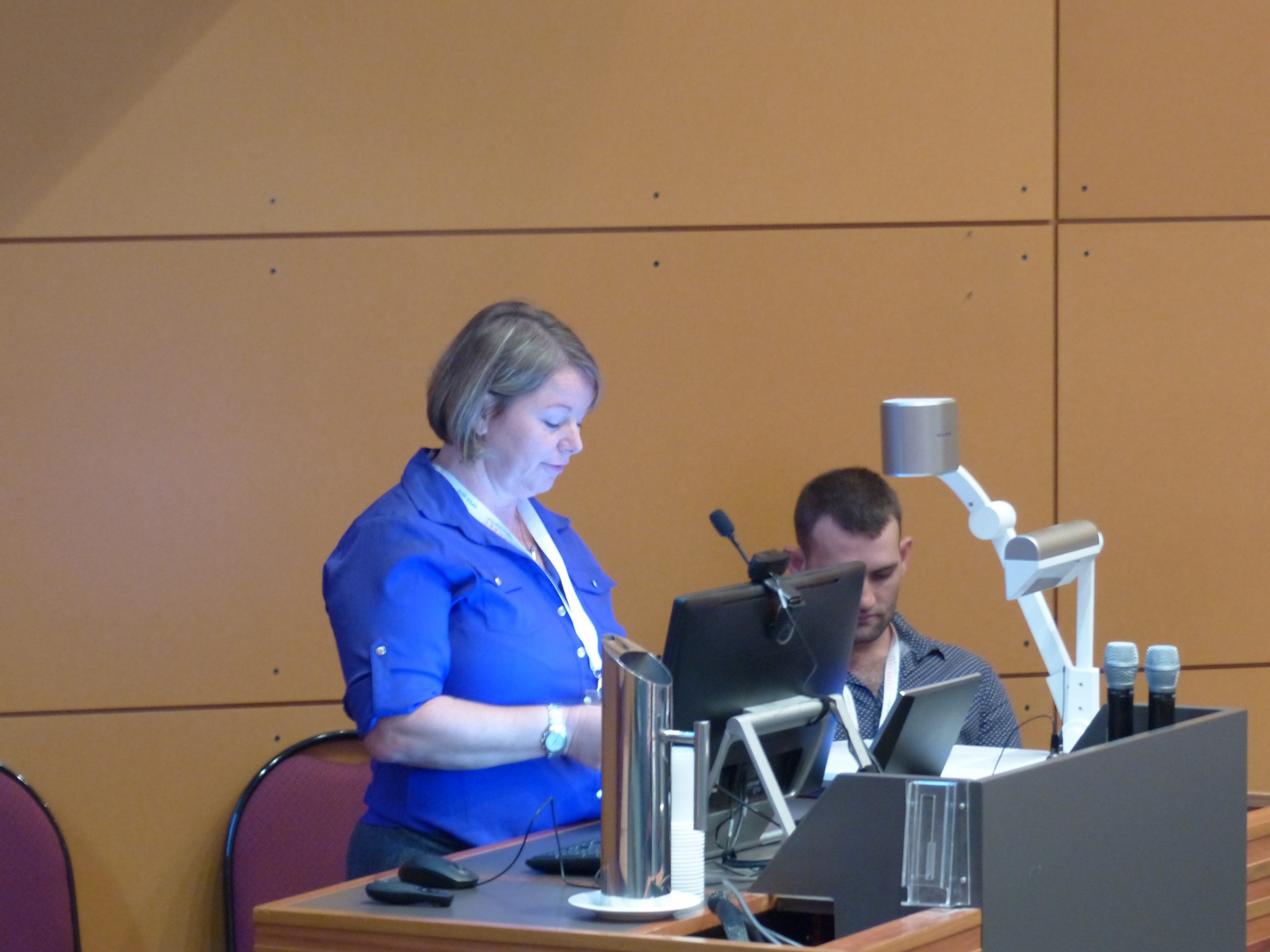Through the Poultry CRC ‘Researcher in Industry’ grant, SARDI research scientist Dr Kelly Drake is undertaking a series of week-long industry placements with egg producers to obtain an understanding of the issues currently facing the Australian egg industry. Kelly’s second placement (20 – 24 April, 2015) was with Pure Foods Eggs, the largest producer of free range eggs in Tasmania, which supplies approximately 75% of Tasmania’s egg market.
Some of the challenges for free range layer farms are related to the diversity of Australia’s physical environment. Seeing and understanding on-farm issues in different regions is critical to developing effective, practical research to resolve these issues. The visit to the Tasmanian farm provided Kelly with just that experience. Tasmania has a different climate and environment to the farms visited in South Australia, with differences in rainfall, water availability, temperature and plant diversity, amongst others.
During Kelly’s on-farm placement (which included rearing, free range, and cage facilities), she spent time with staff employed across the whole production chain, including the company director, farm manager, farm hands and the egg graders. Kelly also met the recently-retired layer farm manager, who has over 30 years of experience. His passion for the industry was apparent as he shared knowledge about challenges the industry faced as the production system changed to meet consumer drivers and animal welfare needs. Kelly spent several hours with him examining different breeds and feeds, and assessing bird weight, feather cover and health. Her experience highlighted the importance of good stockmanship and showed that spending time on-farm is crucial to gaining practical knowledge that textbooks just cannot teach.
One very valuable aspect of this visit was the opportunity for Kelly to follow the farm operational plan. This firstly involved placing day old chicks into on-farm rearing facilities. Here chicks are brooded (using whole house brooding) and grown on the floor for approximately 14 weeks. Within the warm rearing shed, chicks have a large area in which to move about, rest, engage in social interactions, eat and drink, and perch. Following rearing, birds are moved to the newly constructed free range sheds, situated one kilometre away. A visit to the company-owned feed mill (5km away) illustrated the vertical integration of the company. This integration provides the company with the ability to react rapidly if a change in egg quality, bird production or behaviour is noted. The feed mill manager has the flexibility to adjust rations immediately upon receiving notification from the farm manager. Kelly was able to follow the progress of the eggs, which are automatically collected from nest boxes in the free range shed, to the state-of-the-art washing, grading and packing plant. To complete the value chain, Kelly said, “I had an omelette for breakfast”.
Understanding the challenges across the system and how it affects birds, farm staff, equipment and available resources, are vital to give researchers like Kelly better insight into the requirements of the egg industry.



